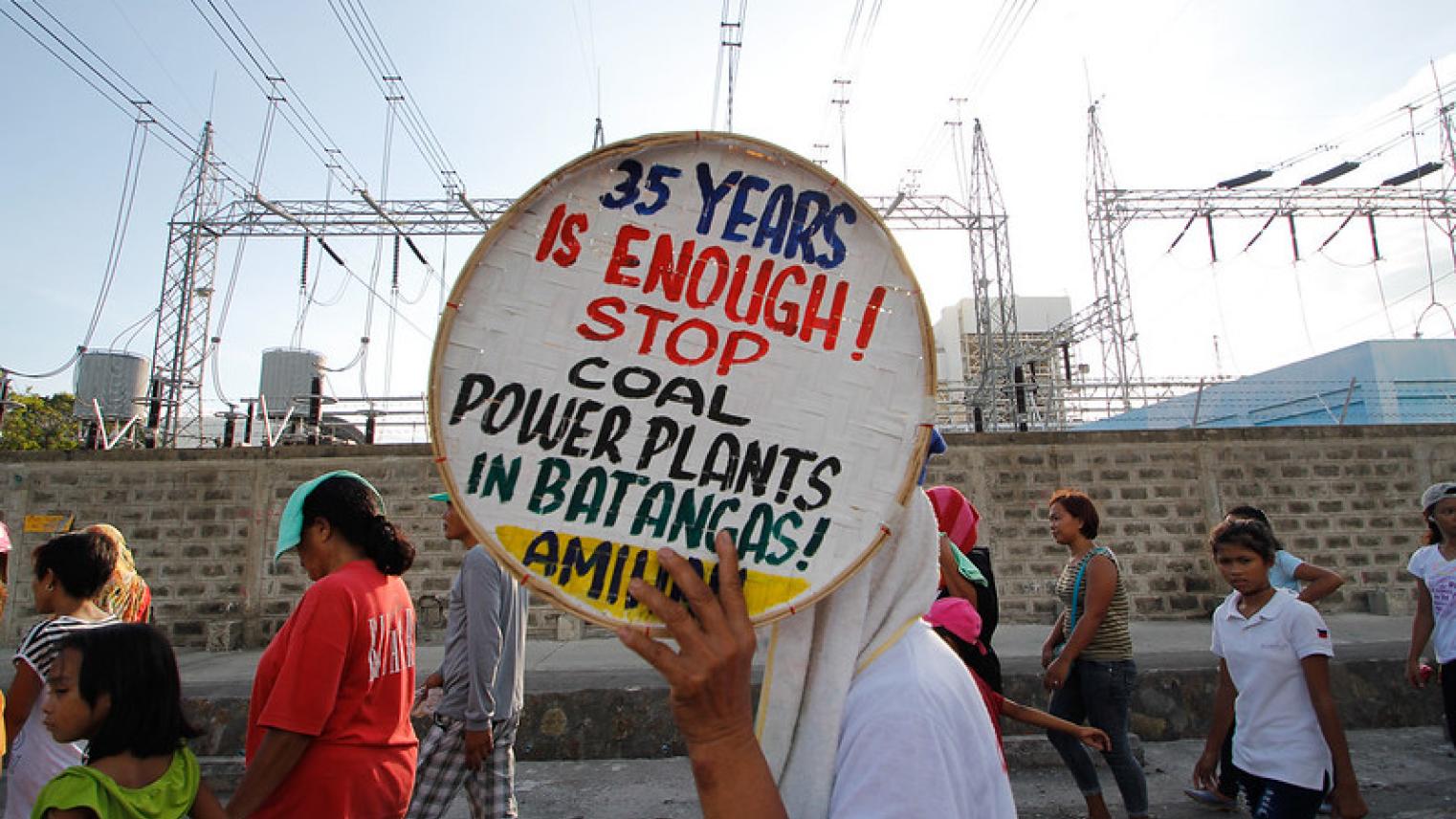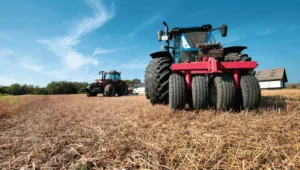Thanksgiving often brings indulgence, but it also comes with an environmental price. Each year, millions of turkeys are consumed, while substantial amounts of food end up wasted. Experts suggest practical ways to make this cherished holiday more sustainable.
Key Impact Points:
- 45 million turkeys consumed yearly contribute to significant food waste, with 200 million pounds discarded annually.
- Global food waste drives 8% of greenhouse gas emissions, according to the Natural Resources Defense Council.
- Sustainable habits can reduce waste and promote healthier, environmentally friendly Thanksgiving practices.
The Problem with Turkey Waste
Each Thanksgiving, 45 million turkeys are prepared, yet about 200 million pounds of turkey meat is discarded, according to the Natural Resources Defense Council. Globally, food waste emits methane in landfills, contributing 8% of greenhouse gas emissions.
“Focusing on gratitude for our food can help us make less wasteful choices,” said Roni Neff, associate professor at Johns Hopkins Bloomberg School of Public Health. “If you love food, you want to have the opportunity to enjoy it to its fullest rather than trashing it.”
Choose Sustainable Turkey Options
To make your turkey more sustainable:
- Opt for organic or free-range turkeys to avoid industrial farming practices that deplete water and energy resources.
- Consider heritage breeds raised in natural environments.
- Buy local whenever possible to reduce emissions from transportation.
Keeve Nachman, associate director of the Johns Hopkins Center for a Livable Future, suggests choosing a smaller bird or giving turkey less room on your plate.
Change the World - Subscribe Now
Alternative Main Dishes
Skip turkey altogether if it’s not a must-have for your table. Options include:
- Smaller animals like Cornish game hens.
- Plant-based proteins such as tofu or tempeh, which lower environmental impact and benefit cardiovascular health.
Rethink Your Side Dishes
Experts encourage balancing your menu with seasonal, plant-based ingredients to reduce waste:
- Incorporate fall produce like pumpkins, squash, apples, and Brussels sprouts for colorful, sustainable sides.
- Use legumes such as lentils and chickpeas instead of traditional starch-heavy dishes like mashed potatoes or bread stuffing.
- Try alternatives like mushroom-based gravy to cut down on meat.
Creative Leftovers and Waste Management
Reduce post-meal waste by creatively using leftovers:
- Store leftovers in the freezer or encourage guests to take them home.
- Turn scraps and bones into stock, which can be frozen for later use.
- Donate excess edible food to local food banks if possible.
“Recycling organic matter can improve soil health and reduce emissions,” said Anya Obrez of the Natural Resources Defense Council. Composting at home or using local food scrap drop-offs can further cut waste.
Thanksgiving can be an opportunity to reflect on gratitude while embracing sustainable habits. As Obrez noted, “When food goes to waste, so does everything that it takes to get it to our plates.”
Related Article: Tea vs Coffee: Which Brew is More Sustainable?

 Follow SDG News on LinkedIn
Follow SDG News on LinkedIn











